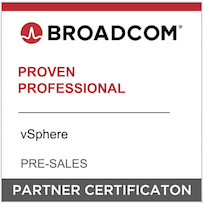Details
Client Access Licenses and Management Licenses
If the workstations in your organization are networked, you likely depend on network server software to perform certain functions, such as file and print sharing. To access this server software legally, a Client Access License (CAL) may be required. A CAL is not a software product; rather, it is a license that gives a user the right to access the services of the server.
Likewise, if you manage the devices on your network by using management software such as Microsoft System Center, a Management License (ML) may be required for the device being managed.
Overview
Licensing software with CALs and MLs can be complicated due to the technical nature of server products and networks. Microsoft offers a device-based CAL (Device CAL) or a user-based CAL (User CAL) for purchase. In addition, an External Connector (EC) license is offered for some products as an optional alternative to address specific customer scenarios.
For managing devices, Microsoft offers Server MLs for managing server operating system environments (OSEs). For managing non-server devices, Microsoft offers OSE Client MLs and User Client MLs.
This overview is for reference purposes only. Before purchasing, you should visit the "How to Buy" section for each product and consult your Microsoft representative or local reseller regarding your specific licensing needs.
External Connectors
If you want external users—such as business partners, external contractors, or customers—to be able to access your network, you have two licensing options:
- Acquire CALs for each of your external users.
- Acquire External Connector (EC) licenses for each server that will be accessed by your external users.
An external user is a person who does not have employee-level access to your company’s network or the network of your affiliates, and is not someone to whom you provide hosted services. An EC license assigned to a server permits access by any number of external users, as long as that access is for the benefit of the licensee and not the external user. Each physical server that external users access requires only one EC license regardless of the number of software instances running. An "instance" is an installed copy of software.
The right to run instances of the server software is licensed separately; the EC, like the CAL, simply permits access. The decision on whether to acquire CALs or an EC for external users is primarily a financial one.
Additional Information
| SKU | DG7GMGF0D515:0001 |
|---|---|
| Status | Enabled |



















